(Generative Syntax)
Move! presents a radical rethinking of the mechanisms by which coreference is established between nominal elements in a sentence. The principal goal of this book is to eliminate the rules of construal employed by Government-Binding theory (GB) in favour of a movement analysis compatible with the goals of the Minimalist Program (MP; Chomsky 1995, 1998). To this end, after a concise statement of the minimalist methodology he adopts (chapter 1), Hornstein presents movement-based accounts of controlled PRO (chapters 2 and 3), ‘tough’-movement and parasitic gaps (chapter 3), and reflexives and bound pronouns (chapter 5). These analyses rely on significant departures from a number of prevailing theoretical assumptions (particularly those concerning theta-roles and restrictions on movement), the larger consequences of which are given due consideration in chapters 4 and 6. The analysis of (obligatorily) controlled PRO in chapter 2 is representative of Hornstein’s approach in general. The null hypothesis, he argues, is that the empty category in the lower subject position of a sentence like (1) is a trace (or copy) left by movement. (Non-obligatorily controlled PRO, Hornstein claims, is actually little pro.)
 کتاب سل Ketab Sell | کتاب سل، بزرگترین منبع کتاب و جزوههای دانشجویی
کتاب سل Ketab Sell | کتاب سل، بزرگترین منبع کتاب و جزوههای دانشجویی

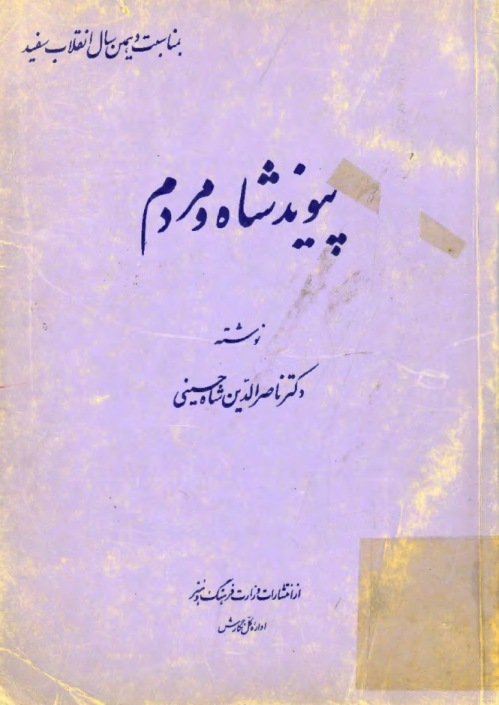
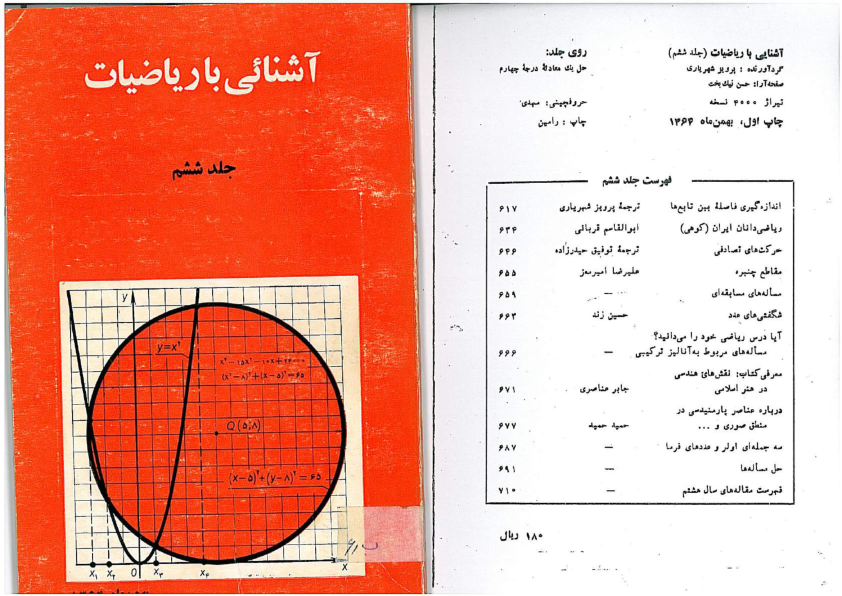



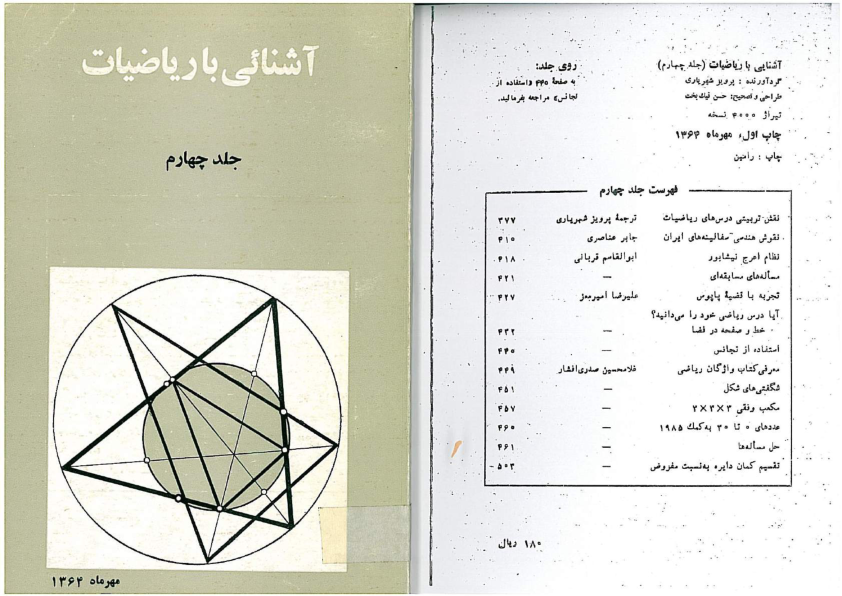
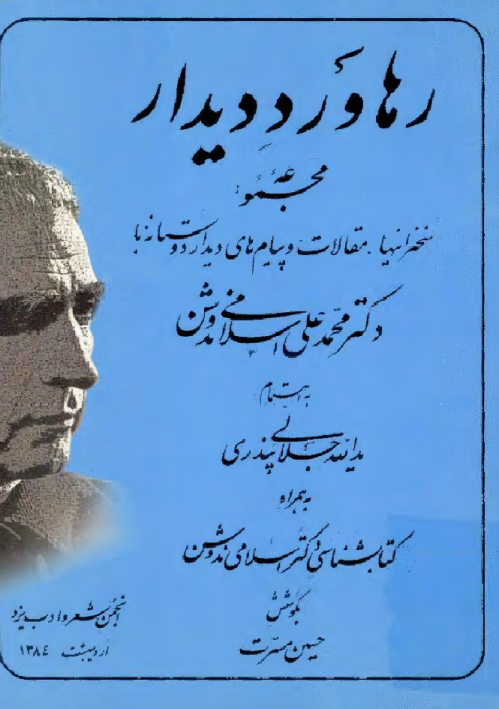
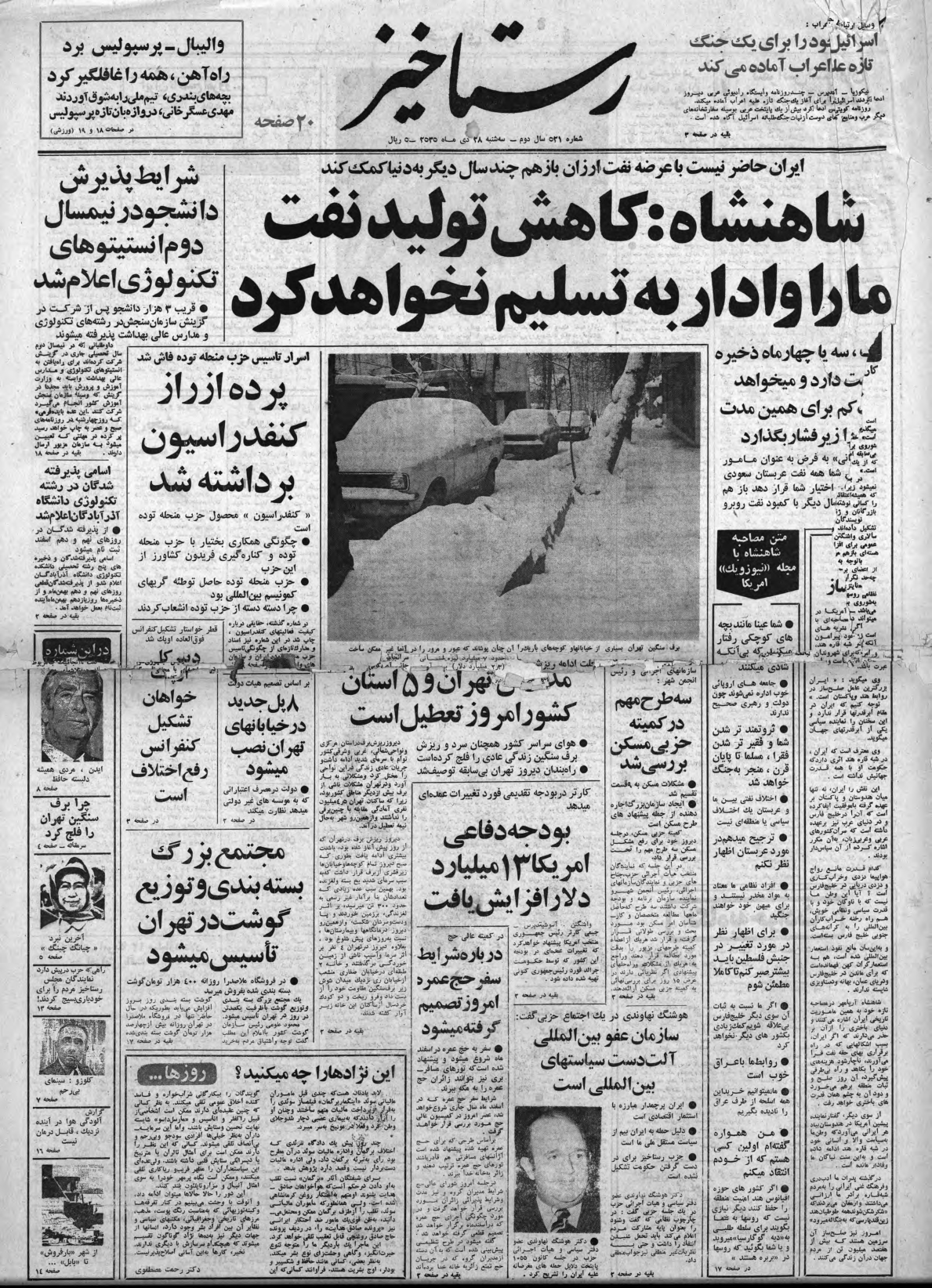
Reviews
There are no reviews yet.